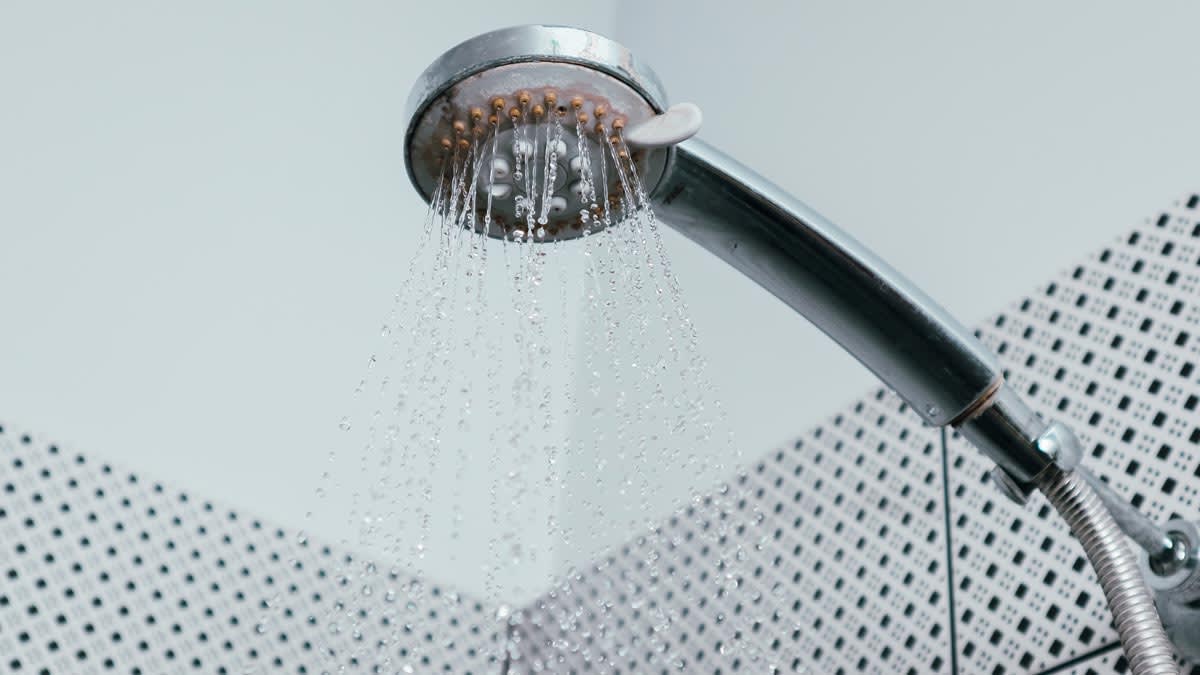Got Hard Water? Here’s What to Know About Water Softeners

Not all water needs fixing. Whether a softener is worthwhile depends on how hard your water is, how it’s affecting your home, and what you’re hoping to improve. A good plumber or water treatment specialist can help assess your needs. But keep in mind, most installers have a product to sell.
“I don’t recommend treating your water in an information vacuum,” says Bear. In other words, take the time to do some research, and don’t let a pushy salesperson (or soap-scum frustration) send you running to buy equipment.
If you’re on a public water system, look up your utility’s Consumer Confidence Report (CCR), which community water systems are required to make available to their customers annually. Most utilities post it online or send it by mail. Not all CCRs list water hardness, but yours might, especially in regions where mineral levels are high.
What you’re looking for is your water’s hardness. As mentioned above, this is usually measured in milligrams per liter (mg/L) of calcium carbonate. According to the U.S. Geological Survey, anything above 180 mg/L is considered very hard. These values are commonly translated into grains per gallon (GPG) by softener manufacturers and water tests, using the following rough scale:
• 0 to 3.5 GPG = soft water
• 3.5 to 7 GPG = moderately hard water
• 7 to 10.5 GPG = hard water
• 10.5+ GPG = very hard water
If you’re on a private well or you want more detailed info, you can have your water tested by a certified lab. Most states list approved labs online—or you can check with your county extension office. The EPA hosts a list of labs certified by state. You can also try a home kit or ask a swimming pool store to run a quick in-house test; just know that “dip strips” may only give a rough range.
According to Bear, if your water is past about 10 GPG, softening is worth serious consideration. Below that, it depends. “You might not have technically hard water, but if you’re seeing buildup, dingy laundry, or appliance or skin issues, you can treat it,” Bear says. There’s no universal threshold.
Still not sure? This is a good time to call in a pro. A quick consult can help make sense of your test results and steer you toward (or away from) a softener.
Source link











